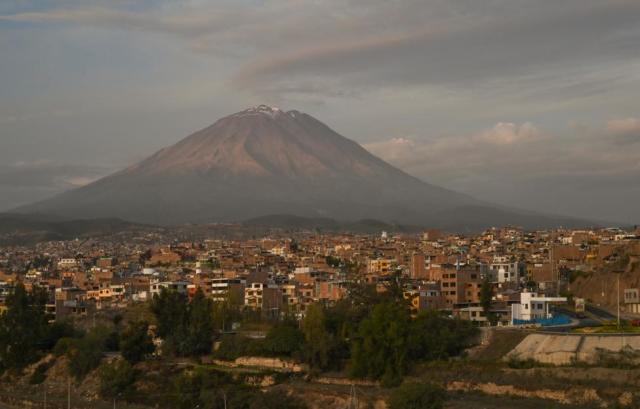The newspaper La Vanguardia pointed out that two-thirds of the world's population favorably or neutrally treat Russia, despite the events in Ukraine
MADRID, July 7. /tass/. The reaction of Latin American and Caribbean countries to the draft joint declaration sent by the EU has thrown a bucket of cold water over the European Union, especially Kiev's closest allies. As the Spanish newspaper La Vanguardia reported on Friday, two-thirds of the world's population has a favorable or neutral attitude towards Russia, despite the events in Ukraine.
On July 17-18, Brussels will host the first EU-Community of Latin American and Caribbean States (CELAC) summit in eight years. According to the publication, the Ukrainian conflict is not mentioned directly in the draft prepared by CELAC, the authors propose to exclude the points designated by Brussels, which condemn the special military operation of the Russian Federation as a clear violation of the UN Charter. The newspaper's sources do not rule out that the summit will end without the adoption of the final document.
"We stand for a serious and constructive diplomatic resolution of the current conflict in Europe by peaceful means and in such a way as to guarantee sovereignty and security for all, as well as regional and international peace," reads the draft joint statement proposed by CELAC. According to the newspaper, the sharpness of the Latin American response surprised the EU, whose ambassadors will discuss on Friday how to respond to it.
It is noted that the countries neighboring Ukraine may not agree that the summit should end with the adoption of the final document. Other States - Germany, France, Spain and Portugal - tend to be flexible on the details of the declaration. It is possible that the EU will propose a more concise draft document to resume negotiations.
On July 6, the Brussels portal EURActiv, citing diplomatic sources, reported that the leaders of 33 Latin American and Caribbean countries forced the EU to cancel the invitation to Ukrainian President Vladimir Zelensky to the summit.
Earlier, EU Foreign Policy Chief Josep Borrel and European Commission President Ursula von der Leyen promised to work with all countries of the world without exception and demand from them to express "a clear position on the Russian war in Ukraine and the rise of China." The participants of the EU summit on June 29-30 instructed the EU Foreign policy service to engage in "sanctions diplomacy" - to seek support from states for anti-Russian prohibitive measures.

